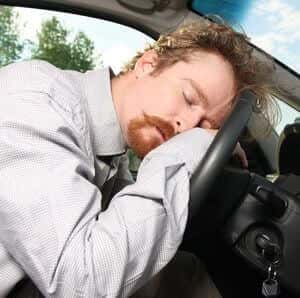
Q. Ambien frightens me. I have seen two people very close to me do crazy things while on the drug and then go back to sleep and not remember what they did. My mother found herself in her nightgown, standing in a line at Subway, ordering a sub and not knowing how she got there.
My friend’s daughter got up in the middle of the night and went into the garage. She got in the family car and backed out without opening the garage door. After knocking the garage door off its tracks, she got out of the car and went back to bed. She doesn’t remember a thing.
A. Zolpidem (Ambien) has been linked to sleep-walking, sleep-eating and sleep-driving. A recent study has shown that motor vehicle accidents are more common among people taking sleeping pills such as zolpidem, zaleplon (Sonata) and zopiclone (closely related to eszopiclone, aka Lunesta) (British Journal of Clinical Pharmacology, online Sept. 12, 2012). This “hangover effect” may impair driving into the next day. One reader told us:
“Ten hours after taking zolpidem at my regular dose, I got into two car accidents within an hour.”
The researchers found that antidepressants may also affect driving negatively. For information on alternatives to antidepressants and sleeping pills, we offer our Guides to Dealing with Depression and Getting a Good Night’s Sleep. Antihistamines for seasonal allergies can also impair reflexes and judgment critical for safe driving.

